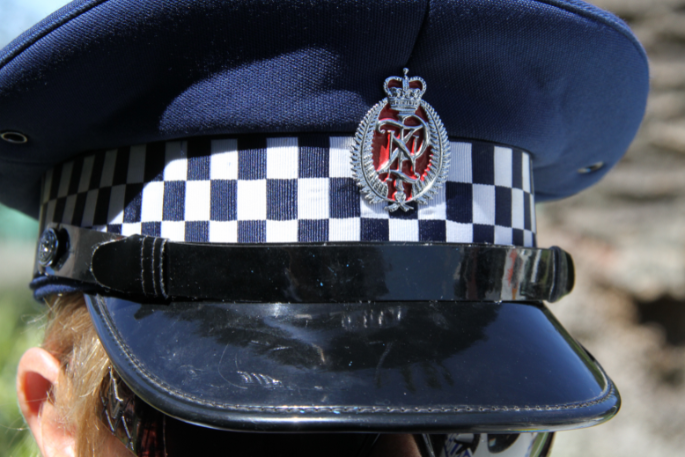The Royal New Zealand Police College is welcoming a new independent advisory board that will assist with advice and development for police training in New Zealand.
'The [RNZPC Independent Advisory] Board has been set up to provide strategic and independent advice, and a community perspective," says NZ Police Deputy Commissioner Tania Kura.
"This will help the RNZPC develop the best training and professional development possible so Police staff can be successful in their roles.
It will also identify opportunities for improvement and future focus."
The board is led by chair Mark Evans, who is a member of the Police Executive, and comprises nine external members and one external attendee.
"They are from a diverse range of backgrounds and together they bring valuable knowledge, skills and experience that will enhance decision-making at Police's executive level.
"A robust selection system was used in the appointment process and will be used in the future should any member relinquish their role."
Each member has been appointed for an initial two years.
Members are: Caleb Ware, iwi elected member of Te Rūnanga o Toa Rangatira Board of Directors; Dr Tracey Green, Chief Executive of the Australia New Zealand Policing Advisory Agency; Vinod Bal, Co-Founder of charity Adhikaar Aotearoa, advocating for LGBT+ people of colour; Grace Stratton, Director of All is for All, empowering people and communities to embrace disability as a cultural lens; Arihia Stirling QSM, Principal of Te Kura Māori Ngā Tapuwae in Mangere and Kaupapa Māori Education Advisor; Grant O'Fee MNZM, consultant and retired Police Superintendent with a deep knowledge of policing and police training; Gregory Fortuin, community leader and former race relations conciliator; Melanie Taite-Pitama, experienced governor, academic and education leader; Associate Professor Yvonne Crichton-Hill, Head of Social Work at the University of Canterbury with a focus on wellbeing in Pacific communities; Professor Ian Lambie ONZM, Justice Sector Chief Science Advisor, academic and clinical psychologist specialising in children, adolescents, and youth justice.
The Board will meet several times a year, and potentially more often as work develops.
The Board is likely to provide advice on: • The systems to ensure quality of training material. • Bicultural and diversity-centric approaches to learning. • Community expectations of Police training. • Innovation in the design and development of training and learning material. • The physical RNZPC campus environment. • Governance and operation of the RNZPC. • Future policing and the officer or employee of tomorrow. • International best practice.
'I commend the Commissioner for having the foresight to create this RNZPC Independent Advisory Board with members who possess a diverse set of skills, backgrounds and experience," says board member Arihia Stirling QSM.
'This will aid in ensuring police officers and employees have the range of tools required to address the needs within the communities they serve.
"We must ensure that our police service is relevant, reflects our communities and can respond in a manner that is appropriate in this ever-changing environment.”
More information about the board, which will include the terms of reference when confirmed, can be found on the New Zealand Police website: www.police.govt.nz/about-us/programmes-and-initiatives/rnzpc-independent-advisory-board



0 comments
Leave a Comment
You must be logged in to make a comment.